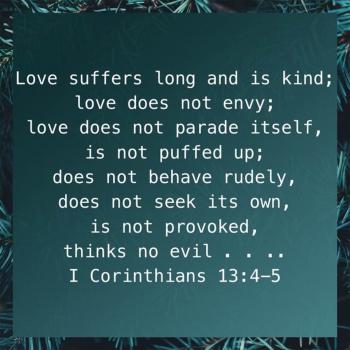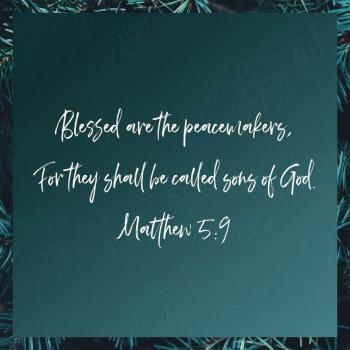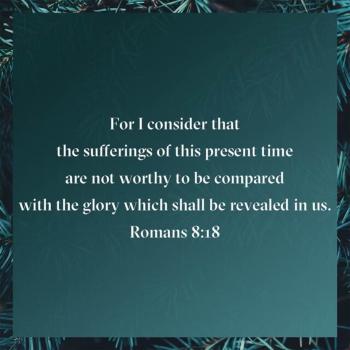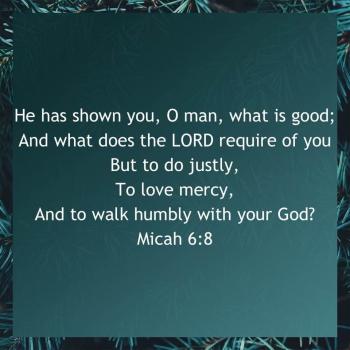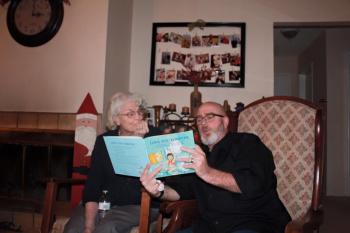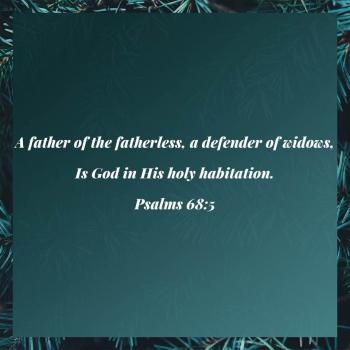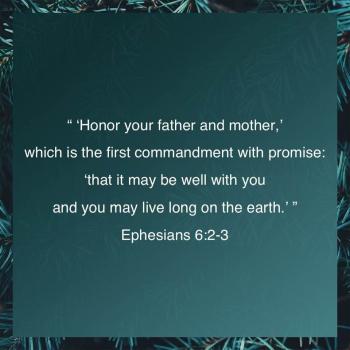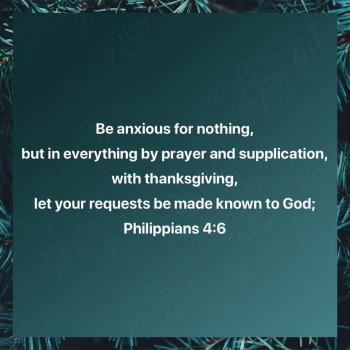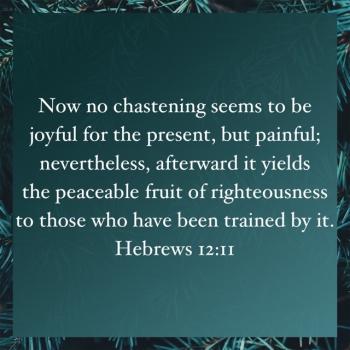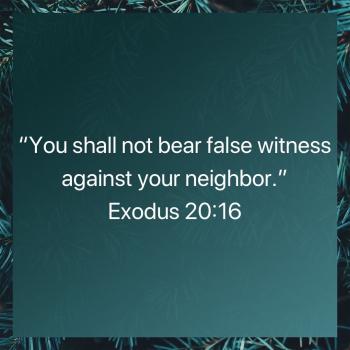Users Who Spiked

SLAVES TO RIGHTEOUSNESS
Private Notes
Private Notes
Notes
"I appeal to you for my son Onesimus, whom I have begotten while in my chains, who once was unprofitable to you, but now is profitable to you and to me. . . . For perhaps he departed for a while for this purpose, that you might receive him forever, no longer as a slave but more than a slave—a beloved brother, especially to me but how much more to you, both in the flesh and in the Lord."
(Philemon 1:10-11, 15-16 NKJVhttps://www.bible.com/bible/114/phm.1.10-11,15-16.nkjv)
I have heard before many abolitionists condemn Paul's lack of affirmative action here. Onesimus, a slave of Philemon, had escaped and in time encountered Paul and the message of Jesus Christ which he bore. Responding to the message of hope, Onesimus became a fellow-believer whom Paul considered a spiritual son (". . . whom I have begotten . . ." verse 10).
Paul's first instinct was to allow the new believer to help him in the work of his ministry. In the final analysis, he decided that to be presumptuous. Instead, he allowed Philemon the opportunity to release Onesimus of his own accord.
There are some who contend Paul should have taken a stand against slavery and released Onesimus from his slavery on Philemon's behalf. Instead, Paul had an attitude he expressed in his letter to the Romans. "Bondservants, obey in all things your masters according to the flesh, not with eyeservice, as men-pleasers, but in sincerity of heart, fearing God. And whatever you do, do it heartily, as to the Lord and not to men, knowing that from the Lord you will receive the reward of the inheritance; for you serve the Lord Christ." (Colossians 3:22-24 NKJV)
Slavery was an integral part of almost every society in his day, legal under virtually every government. To the Romans, Paul said, "Let every soul be subject to the governing authorities. For there is no authority except from God, and the authorities that exist are appointed by God." (Romans 13:1 NKJV) Such voluntary submission would include slavery.
Does that mean those who have fought against slavery were outside of God's plan? By no means! Paul's calling was to spread the Gospel, not to be a politician. The ship of faith rides the waves as they are encountered. There are those whose calling is to change the governmental waves, but that was not Paul.
Our current President is unworthy of support by any believer some contend, due to some of his past behaviors and his present brashness. There err in their thinking, conflating the functions of spiritual and secular leaders. As a doctor is called to minister healing to both sides in a war, a minister of salvation has a similar obligation. While we may encourage change for moral reasons, forcing such change can undermine our ministry.
Each of us believers bear the burden of ministry to men and women of all stripes. Outside that calling, some of us are called to change the nature of society. Voting allows us that franchise, to some degree. In choosing for whom to vote, our obligation is to support those whose positions align with our faith. Though I generally vote for the one I perceive to be the more godly candidate, they are not always those who can garner the necessary votes to win.
We suspect that Philemon's eventual decision accommodated the wishes of his spiritual father, Paul. Onesimus, already free in Christ regardless of his status as a slave, was now Philemon's spiritual brother. In God's plan, the escape had led to him becoming a slave to righteousness, instead. "For he who is called in the Lord while a slave is the Lord's freedman. Likewise he who is called while free is Christ's slave." (I Corinthians 7:22 NKJV) His freedom was already secured.
(https://pappawpyle.wordpress.com/2019/07/18/slaves-to-righteousness/)


















